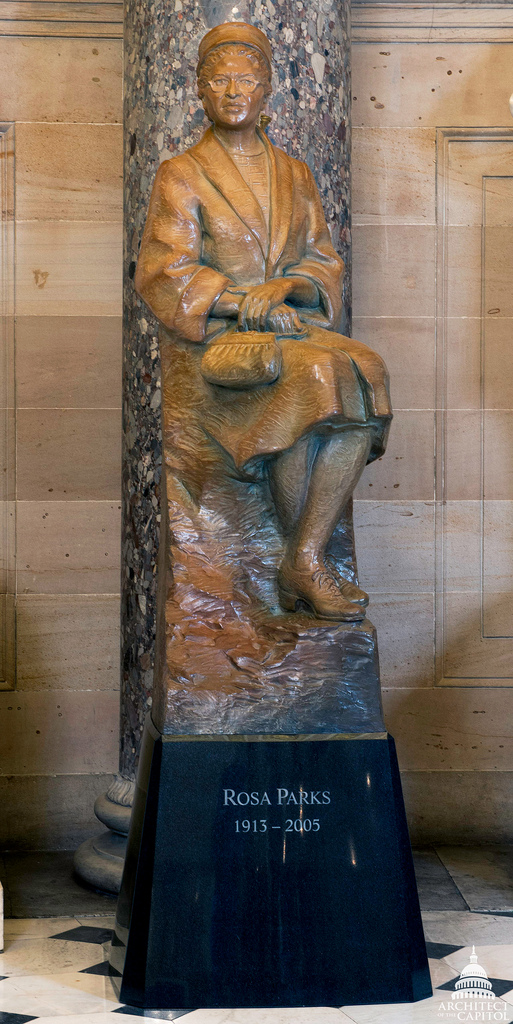February 28, 2013
It’s not surprising that Louisiana’s charter school authority expansion fell flat in its first year.
Louisiana’s experience is proof that not all efforts to improve laws are created equal. Strong charter school laws do not require new groups to apply to become authorizers. It is actually a disincentive to do so.
Strong laws permit universities and other publicly accountable non-education entities to become authorizers without asking permission and hold them accountable for the outcomes of their schools. That’s because the purpose of independent and multiple authorizers is to establish new pathways for school creation and oversight separate from existing state and local education agencies.
States that allow for truly independent authorizers, granted by law to operate with unbridled freedom, yield greater charter school growth and quality.












